
Media Review: U.S. Multitrack Foreign Interventions Push Superpower to the Brink
The Greenland Gambit: Tariffs as Geopolitical Leverage
At the heart of this escalation lies a surreal yet strategically serious episode: the U.S. demand for the “complete and total purchase of Greenland.” In a January 2026 Truth Social post, President Trump declared that national security—and even “World Peace”—depends on American control of the Danish autonomous territory. Citing the need to integrate Greenland into the so-called “Golden Dome” missile defense system, Trump announced sweeping tariffs on eight European nations—Denmark, Norway, Sweden, France, Germany, the UK, the Netherlands, and Finland—starting at 10% in February and rising to 25% by June unless a deal is struck.
The move stunned allies and adversaries alike. French President Emmanuel Macron responded swiftly, declaring on X (formerly Twitter): “No intimidation or threat will influence us—neither in Ukraine, nor in Greenland, nor anywhere else.” He emphasized that European participation in Danish-led Arctic exercises was a matter of continental security, not provocation. The EU has signaled a unified response, warning that tariff coercion over sovereign territory sets a dangerous precedent.
Greenland, though small in population, sits at the nexus of Arctic resource competition and emerging military corridors. But Trump’s framing—equating tariff policy with planetary survival—reveals a broader strategy: using economic instruments not just as leverage, but as weapons of submission.
A Global List of Targets: From Caracas to Pretoria
This approach extends far beyond the Arctic. In a brazen operation reminiscent of Cold War-era coups, the U.S. executed a “made-for-TV” abduction of Venezuela’s president and his wife from their bedroom—an act designed less for regime change alone than for psychological deterrence. The message was clear: defiance invites humiliation.
The list of targeted nations now reads like a who’s who of global resistance: Cuba, Mexico, Colombia, Iran, Nigeria, South Africa—even close partners like Denmark. Each faces a tailored mix of sanctions, tariffs, military posturing, or covert pressure. Yet unlike past eras of unipolar dominance, today’s targets are not isolated. Many are turning to Beijing and Moscow for support, accelerating a multipolar realignment.
Nowhere is this more evident than in South Africa. Following BRICS+ naval exercises involving Russia, China, and Iran off its coast, Washington issued sharp condemnations, calling Pretoria’s actions a threat to U.S. national security. But rather than cowing South Africa, the rebuke galvanized deeper strategic cooperation among non-Western powers.
The Iranian Flashpoint: When Deterrence Worked
Perhaps the most dramatic test came in early January 2026. After the U.S. ordered all citizens to evacuate Iran—a classic prelude to military action—and positioned the USS Gerald R. Ford carrier strike group in the Persian Gulf, war seemed imminent. Trump declared “all options are open” and slapped 25% tariffs on any nation trading with Tehran, aiming for total economic isolation.
But Iran did not buckle. Millions of its citizens took to the streets in a show of nationalist resolve. More critically, Russia and China intervened—not with rhetoric, but with credible threats. According to intelligence sources, Russian President Vladimir Putin delivered a stark ultimatum: if the U.S. launched a full-scale war, Moscow would supply Iran with advanced anti-ship missiles capable of sinking an American aircraft carrier. Simultaneously, China drew its own red line, opposing any use of force.
The result? A stunning reversal. Within 48 hours, internal dissent within the U.S. national security apparatus—led by Vice President JD Vance and senior generals—forced a retreat. The Abraham Lincoln carrier, originally en route to the South China Sea, was diverted to the Gulf, exposing critical gaps in U.S. global force projection. Trump’s “72-hour countdown” evaporated into a two-week diplomatic window.
This episode marked a turning point: the first time in decades that coordinated great-power deterrence successfully checked American military adventurism.
The Starlink Shadow War: Electronic Frontiers
Even in the realm of information warfare, the U.S. finds itself outmaneuvered. Unconfirmed reports suggest Iran is now deploying Russia’s “Tobol” electronic warfare system—a satellite-jamming platform proven in Ukraine—to neutralize Starlink terminals used by rioters. If verified, this would represent a major leap in asymmetric capabilities, turning Elon Musk’s commercial satellite network into a vulnerability rather than an asset.Should mobile variants of Tobol reach battlefields like Ukraine or the South China Sea, the U.S. and its allies could face sudden communication blackouts during critical operations. The irony is palpable: a technology hailed as a tool of democratic resistance may become a vector for detection and destruction.
Regime Change Redux—and Its Limits
Despite these setbacks, the Trump administration continues to openly advocate for regime change in Iran. “It’s time to look for new leadership,” Trump declared, calling Iran “the worst place to live” and blaming Supreme Leader Ali Khamenei for internal unrest. Yet such rhetoric rings hollow when the U.S. lacks the capacity to enforce it—militarily, economically, or diplomatically.
The core problem is overextension. Attempting to simultaneously coerce Europe over Greenland, destabilize Latin America, contain China in the Pacific, confront Russia in Eurasia, and overthrow regimes in the Middle East is a strategy no single power—even a superpower—can sustain indefinitely. The world is no longer unipolar; it is contested, interconnected, and increasingly resistant to unilateral diktats.
A New Era of Multipolar Deterrence
What we are witnessing is not merely a series of crises, but the birth pangs of a new international order. The U.S. remains powerful, but its ability to dictate outcomes is waning. Russia and China, once reactive, are now proactive—coordinating military drills, sharing advanced technologies, and offering alternative security architectures to nations weary of American pressure.
As French President Macron implied, sovereignty is no longer a privilege granted by Washington—it is a right asserted by nations, often in concert. The lesson of January 2026 is clear: in a multipolar world, even the strongest empire can overreach. And when it does, the world pushes back—not with declarations, but with fleets, tariffs, and the quiet calculus of mutual deterrence. The 20th century ended with American triumphalism. The 21st may be defined by its limits.




















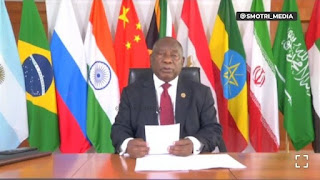





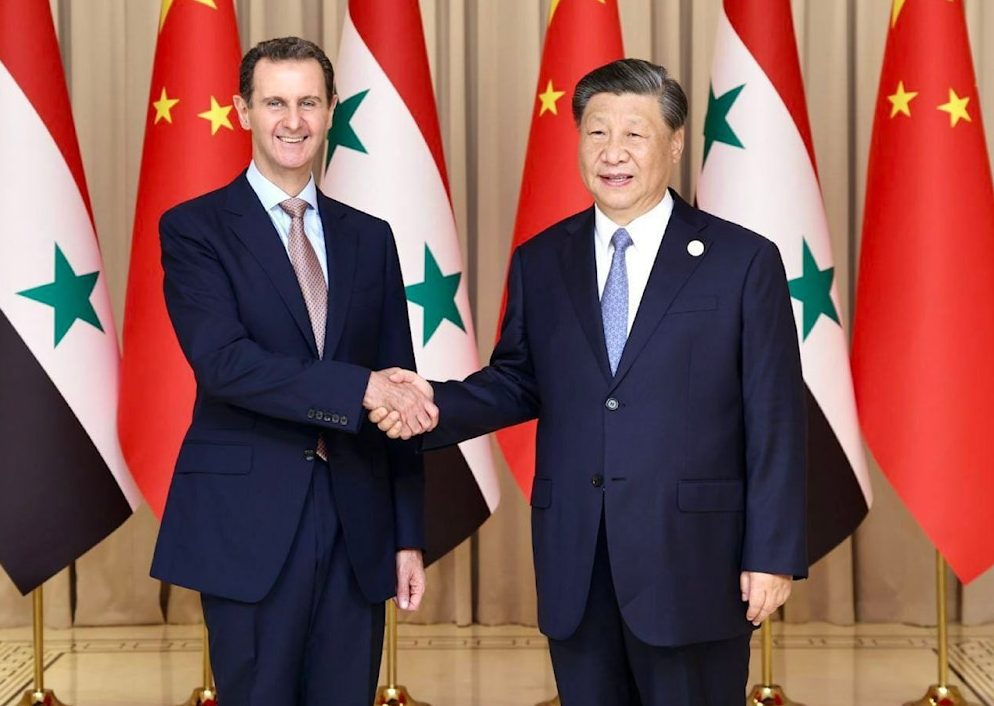
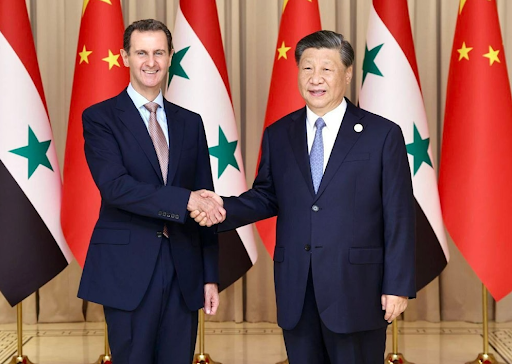
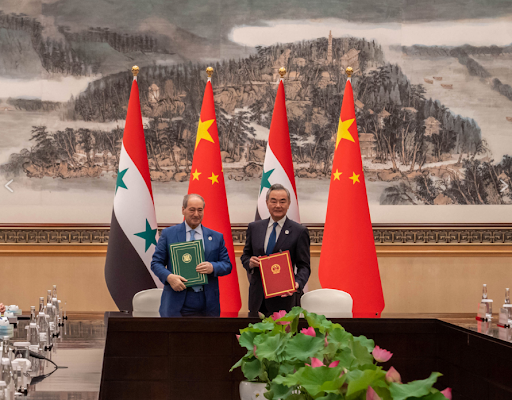
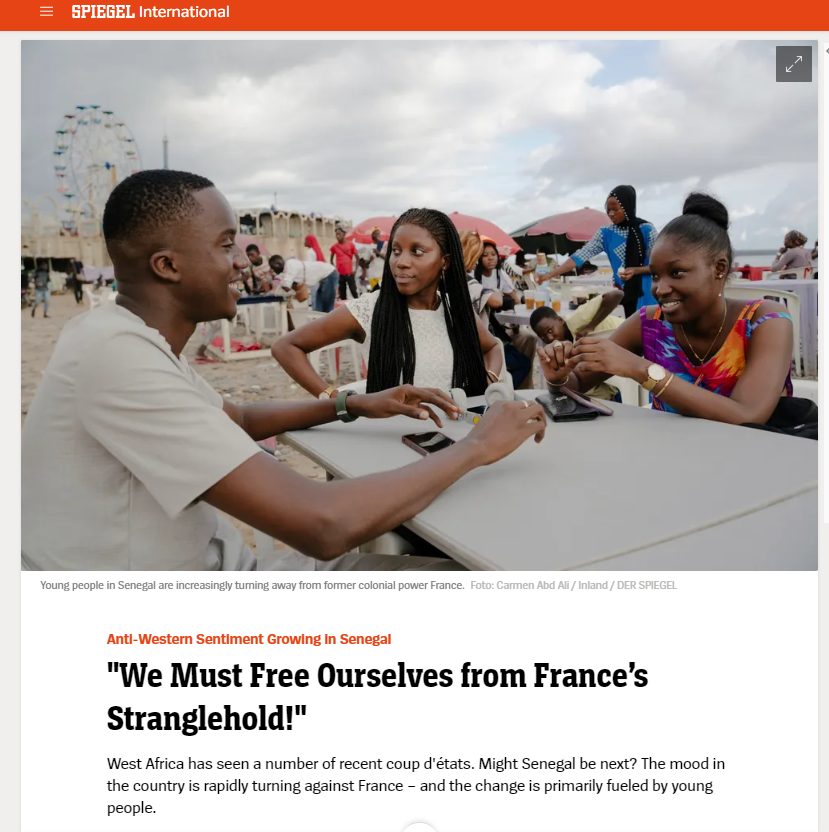








.jpg)
.jpg)





































